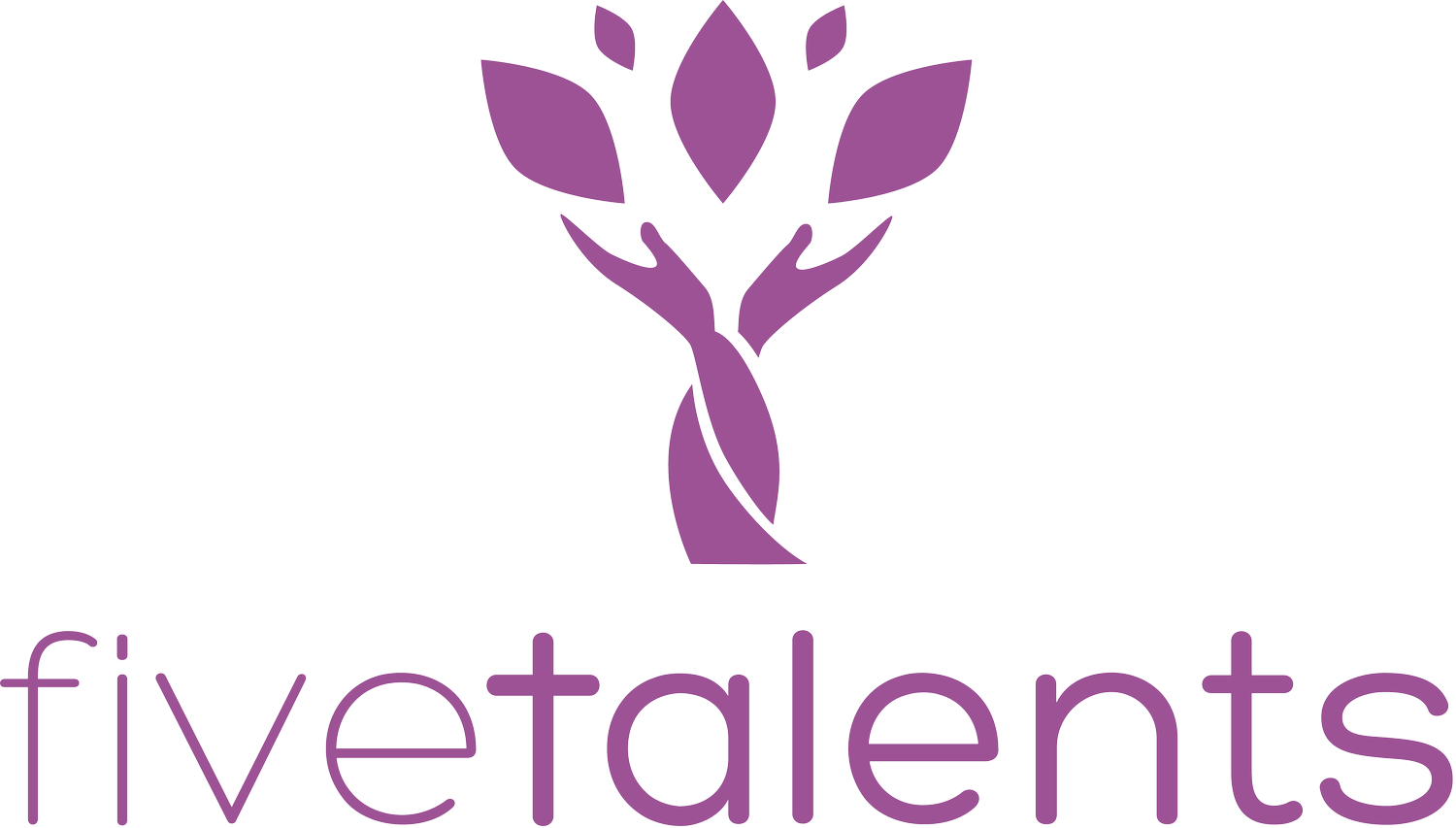If you were to travel with one of us on a program visit, we would inevitably take you to a local marketplace to meet a few of our micro-entrepreneurs. As we walked past market stands, we'd tick off the types of products being sold: bananas, potatoes, second-hand clothing, cups of tea.
Many micro-entrepreneurs sell products that have been purchased in bulk or grown on their own plot of land. Some, though, take an existing product – or a discarded one – and refashion it in some way in order to add value. Adding value is a key method to increase return on investment. This is true for large enterprises as well as for micro-businesses.
During a recent trip to South Sudan, Program Director Suzanne Middleton met Adon, a woman in a Five Talents savings and loan group who was selling peanut paste at a market in Kuajok.
"In South Sudan, a lot of people are bringing goods in. That's how they add value -- just by transporting things. But this woman had cultivated some ground nuts, what we call peanuts, and she'd turned them into paste (peanut butter) and sold it," said Suzanne. "Through her own work she had added value."
Adon told Suzanne that her mom had taught her how to make peanut paste, and now that same food product was helping her feed her four kids and send them to school.
In South Sudan, peanut paste can be used to make a sauce for vegetables, or to put over a starch. It's a simple way to add protein and flavor, and it's usually sold in cups or by the scoop.
Adon is basically living the Parable of the Five Talents. She's using creative thinking, her own talents and the resources around her to generate real profit. Her initial loan of 100 Sudanese pounds, after it was invested in her business, helped her generate 200 pounds of business.
Suzanne finds Adon's story encouraging, given the challenges that South Sudan faces as the young nation carves out a path away from war and violence.
"When I see someone who is doing tailoring in the market, who is adding value [like Adon], it makes me smile," said Suzanne. "They see the value in what God has given them. And they're doing something with their own hands, as opposed to getting second-hand clothes from Uganda or food from Kenya and just changing the location of that good. There's nothing wrong with those businesses. But, to me, there's just something really hopeful about working hard and making something from what you have.
"To hear Adon tell that story of how she grew those ground nuts in her community... She didn't just sell them. She roasted them; she ground them; she made paste and sold it. To me, that's a really honorable business, a really lovely way to make a living and support her kids."
Learn more about our programs in South Sudan and how we help entrepreneurs add value to their businesses and live out the Parable of Talents.

